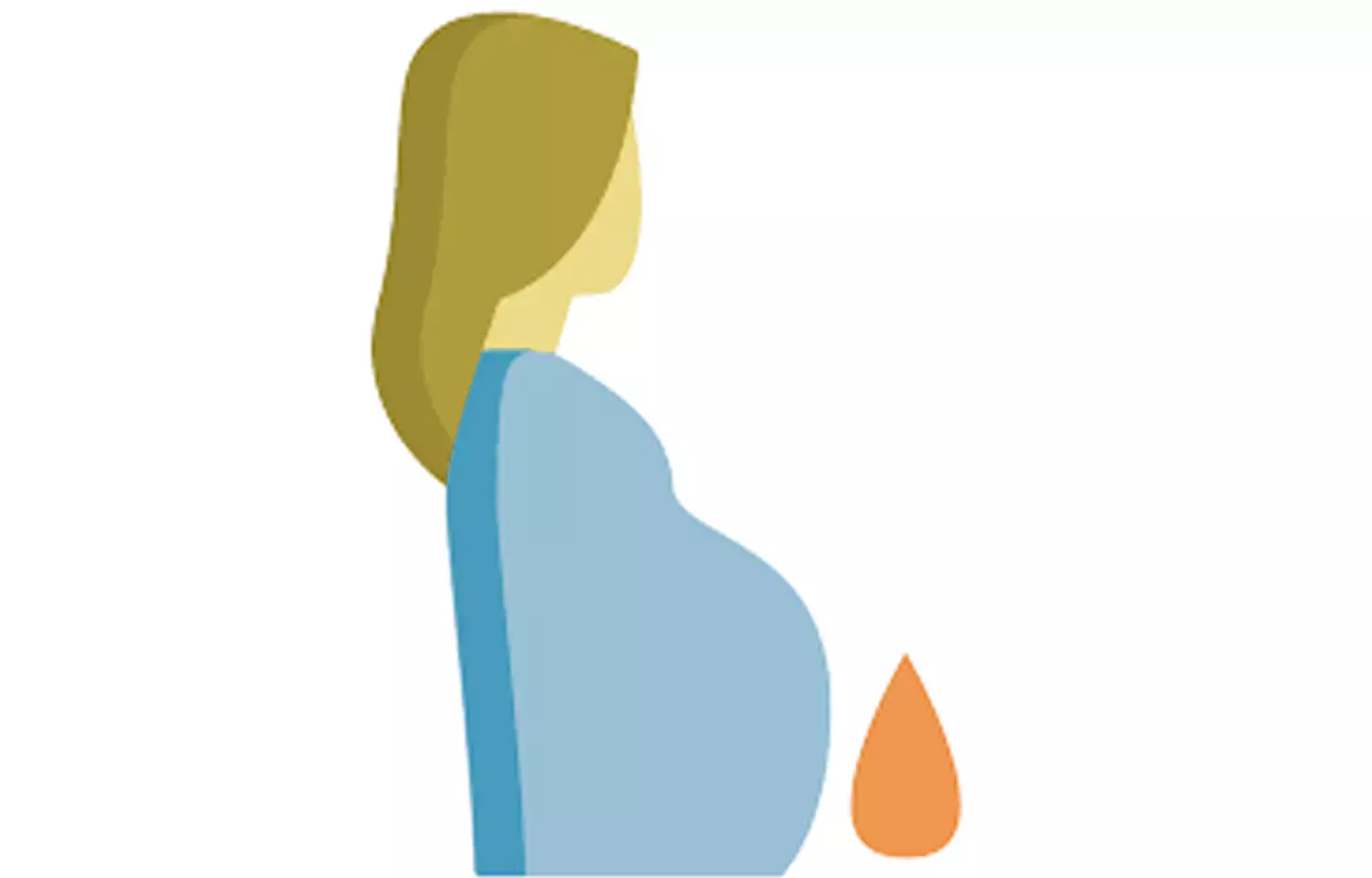- Home
- Medical news & Guidelines
- Anesthesiology
- Cardiology and CTVS
- Critical Care
- Dentistry
- Dermatology
- Diabetes and Endocrinology
- ENT
- Gastroenterology
- Medicine
- Nephrology
- Neurology
- Obstretics-Gynaecology
- Oncology
- Ophthalmology
- Orthopaedics
- Pediatrics-Neonatology
- Psychiatry
- Pulmonology
- Radiology
- Surgery
- Urology
- Laboratory Medicine
- Diet
- Nursing
- Paramedical
- Physiotherapy
- Health news
- Fact Check
- Bone Health Fact Check
- Brain Health Fact Check
- Cancer Related Fact Check
- Child Care Fact Check
- Dental and oral health fact check
- Diabetes and metabolic health fact check
- Diet and Nutrition Fact Check
- Eye and ENT Care Fact Check
- Fitness fact check
- Gut health fact check
- Heart health fact check
- Kidney health fact check
- Medical education fact check
- Men's health fact check
- Respiratory fact check
- Skin and hair care fact check
- Vaccine and Immunization fact check
- Women's health fact check
- AYUSH
- State News
- Andaman and Nicobar Islands
- Andhra Pradesh
- Arunachal Pradesh
- Assam
- Bihar
- Chandigarh
- Chattisgarh
- Dadra and Nagar Haveli
- Daman and Diu
- Delhi
- Goa
- Gujarat
- Haryana
- Himachal Pradesh
- Jammu & Kashmir
- Jharkhand
- Karnataka
- Kerala
- Ladakh
- Lakshadweep
- Madhya Pradesh
- Maharashtra
- Manipur
- Meghalaya
- Mizoram
- Nagaland
- Odisha
- Puducherry
- Punjab
- Rajasthan
- Sikkim
- Tamil Nadu
- Telangana
- Tripura
- Uttar Pradesh
- Uttrakhand
- West Bengal
- Medical Education
- Industry
SSRIs use at delivery may increase risk of postpartum hemorrhage in dose dependent manner: Study

Depression during pregnancy poses significant risks to both maternal and fetal health, including an increased risk of suicide and adverse newborn outcomes. While selective serotonin re-uptake inhibitors (SSRIs) are effective in treating depression, their use during pregnancy has been associated with bleeding complications at delivery. A recent study investigated the relationship between SSRIs and bleeding complications during delivery among pregnant women.
This study was published in the European Journal of Obstetrics Gynecology and Reproductive Biology by Malin O. and colleagues. A hospital-based cohort study was conducted at Karolinska University Hospital in Stockholm over a 5-year period from 2007 to 2011. The study included 334 women who delivered vaginally and were exposed to SSRIs at delivery, along with a control group of 31,929 women who delivered vaginally without SSRI exposure.
The SSRI-exposed group was further categorized into moderate (n = 246) or high (n = 88) SSRI dose at delivery. Electronic maternal health records were analyzed to assess bleeding complications at delivery in relation to SSRI dose. The key findings of the study were:
The study revealed a dose-dependent increase in the rate of postpartum haemorrhage (≥1000 ml) among women exposed to SSRIs, with rates of 8.4%, 14.6%, and 23.9% in the control group, moderate-dose group, and high-dose group, respectively (p ≤ 0.001).
There was a dose-dependent increase in the rate of postpartum anaemia, affecting 7.0%, 9.3%, and 15.9% of women in the respective groups (p = 0.001).
Mean blood loss also showed a dose-dependent pattern, with values of 406 ml, 483 ml, and 482 ml in the control group, moderate-dose group, and high-dose group, respectively (p ≤ 0.001).
Women exposed to SSRIs delivered earlier but did not have a higher prevalence of pre-eclampsia compared to the control group.
The findings of this study underscore the importance of carefully weighing the risks and benefits of SSRI use during pregnancy, particularly concerning bleeding complications at delivery. Clinicians should consider the dose dependency of SSRIs when managing depression in pregnant women, implementing individualized treatment plans to minimize adverse maternal and neonatal outcomes. Further research is warranted to elucidate the underlying mechanisms and optimize strategies for mitigating these risks while ensuring effective management of maternal mental health during pregnancy.
Reference:
Öndemark, M., Nordström, L., & Lindqvist, P. G. Dose-dependent increase in risk of bleeding and bleeding complications in relation to SSRI use at delivery. European Journal of Obstetrics, Gynecology, and Reproductive Biology,2024;296:265–269. https://doi.org/10.1016/j.ejogrb.2024.02.051
Dr Riya Dave has completed dentistry from Gujarat University in 2022. She is a dentist and accomplished medical and scientific writer known for her commitment to bridging the gap between clinical expertise and accessible healthcare information. She has been actively involved in writing blogs related to health and wellness.
Dr Kamal Kant Kohli-MBBS, DTCD- a chest specialist with more than 30 years of practice and a flair for writing clinical articles, Dr Kamal Kant Kohli joined Medical Dialogues as a Chief Editor of Medical News. Besides writing articles, as an editor, he proofreads and verifies all the medical content published on Medical Dialogues including those coming from journals, studies,medical conferences,guidelines etc. Email: drkohli@medicaldialogues.in. Contact no. 011-43720751


